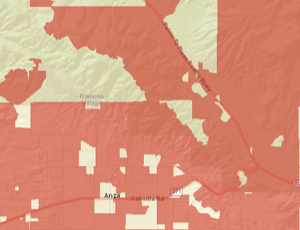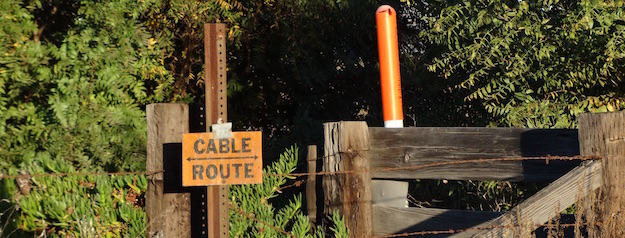California senate votes to pay $300 million for slower broadband
Assembly bill 1665 was approved by the California senate this afternoon on a lopsided vote. The initial count was 32 in favor and 2 against, but the roll was left open for a while, so the final numbers could be different. The no votes came from Mike McGuire (D – Healdsburg) and Janet Nguyen (R – Garden Grove).
The bill will drop California’s minimum speed standard to 6 Mbps down/1 Mbps up, and allocate $300 million in construction subsidies under rules that all but guarantee the money will go to AT&T and Frontier Communications.… More

![By 401(K) 2012 [CC BY-SA 2.0 (https://creativecommons.org/licenses/by-sa/2.0)], via Wikimedia Commons](https://www.tellusventure.com/images/2017/5/piggy_bank.jpg)

![By Tomas Castelazo (Own work) [GFDL (https://www.gnu.org/copyleft/fdl.html) or CC BY-SA 4.0-3.0-2.5-2.0-1.0 (https://creativecommons.org/licenses/by-sa/4.0-3.0-2.5-2.0-1.0)], via Wikimedia Commons](https://www.tellusventure.com/images/2017/9/letter_to_santa.jpg)

![By Apollo 12 crew (Apollo Imagery) [Public domain], via Wikimedia Commons](https://www.tellusventure.com/images/2017/8/solar_eclipse.jpg)



